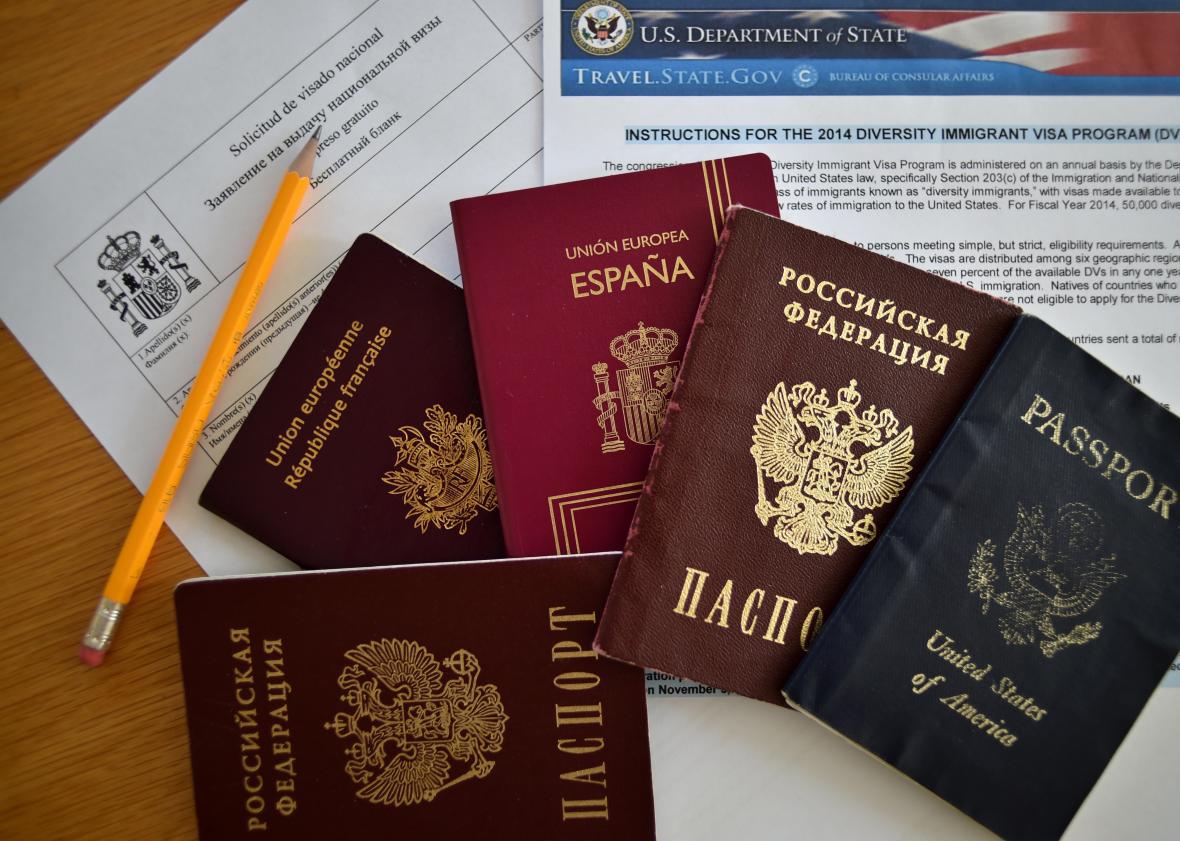In what could very well be the opening salvo to reform the program that issues visas to high-skilled workers, the White House said it would put premium processing of H-1B visa petitions on hold for now. Although the administration says the move, which will take effect on April 3 and last as long as six months, is a way to catch up and reduce the existing backlog, it’s unlikely to make the tech sector too happy considering how much it relies on workers from abroad.
The expedited processing costs $1,225 and assures a response within 15 days. The U.S. begins the process of awarding 85,000 H-1B visas at the start of April every year but, since it usually receives far more application, a lottery is usually carried out. This means most big companies almost always use the expedited system.
Although it may seem like a small detail, the move could seriously affect some companies. The Financial Times explains:
Immigration lawyers warned that delaying this year’s visa processing would mean many workers would not find out if they can work in the US until as late as August or September. That would make it hard for companies to plan their staffing and leave workers in limbo, they said.
“Having to sit for months on end and not knowing if you will have this person starting is crippling for any company,” said Piyumi Samaratunga, a partner at Constangy, Brooks, Smith & Prophete. H-1Bs are usually reserved for people with critically important skills, making the delays particularly problematic, she added.
The move comes amid word that Trump is drafting a new version of his immigration ban that prevented entry from seven Muslim-majority countries. Most tech companies came out pretty uniformly against the ban that has been suspended by the courts. But both Democrats and Republicans have called for reform of the H-1B system that many have said has deep, structural problems because it can help certain companies undercut domestic workers.
